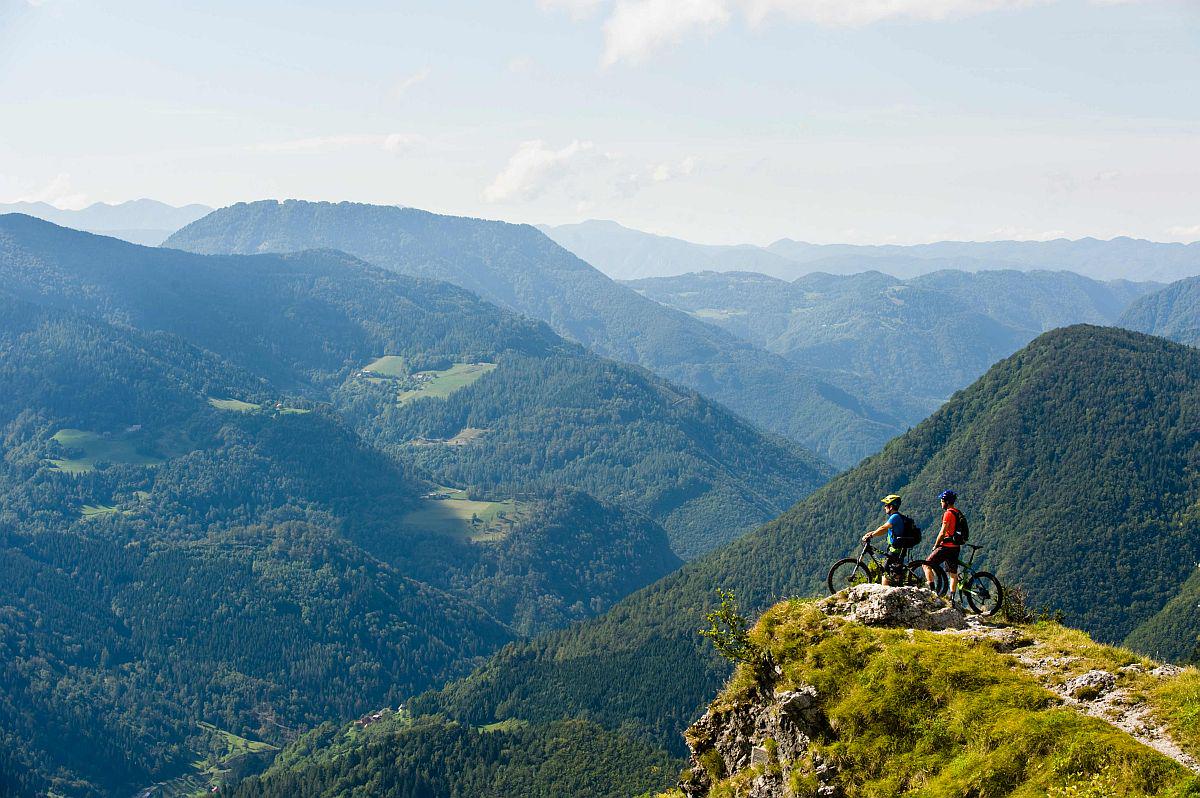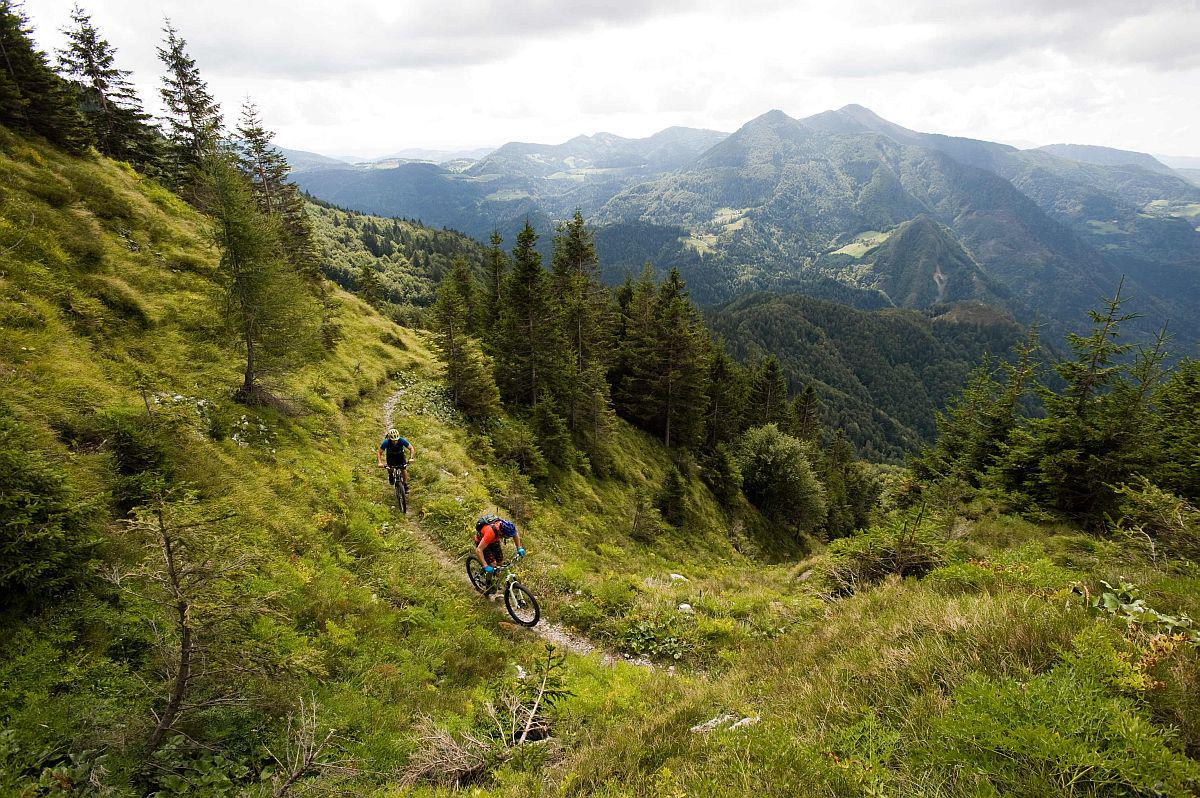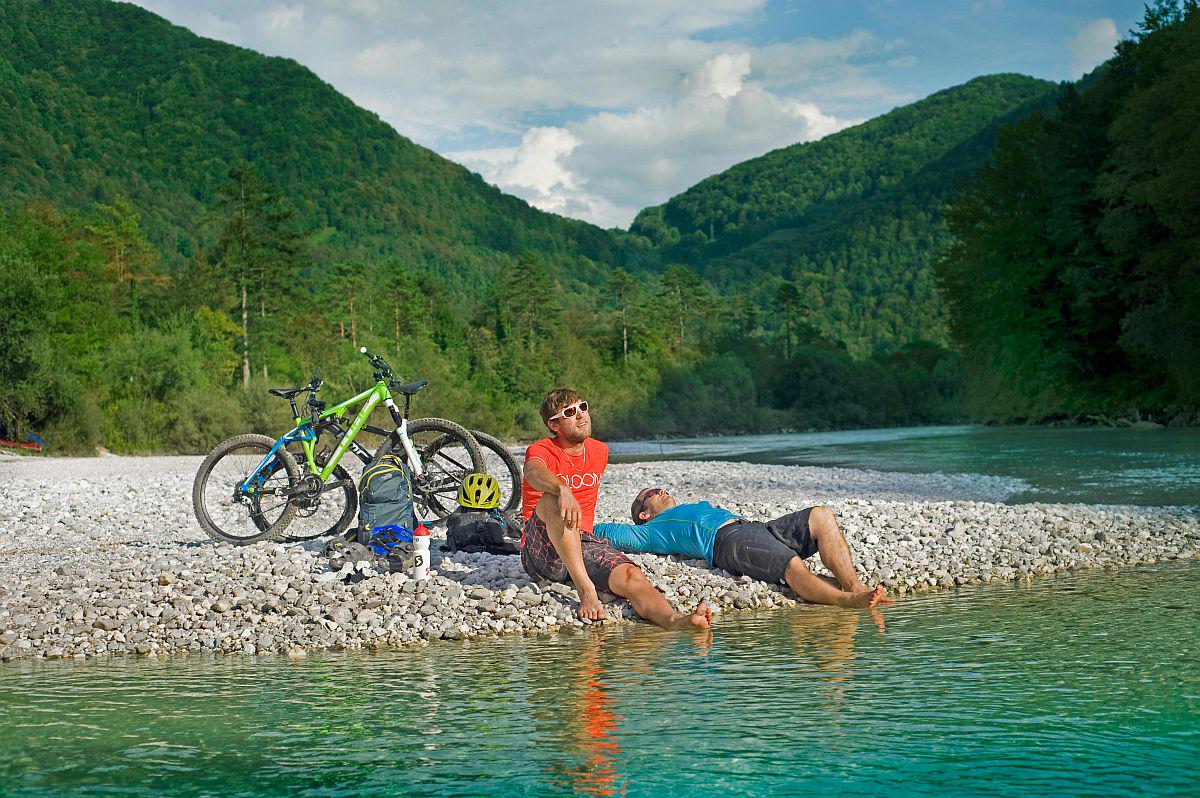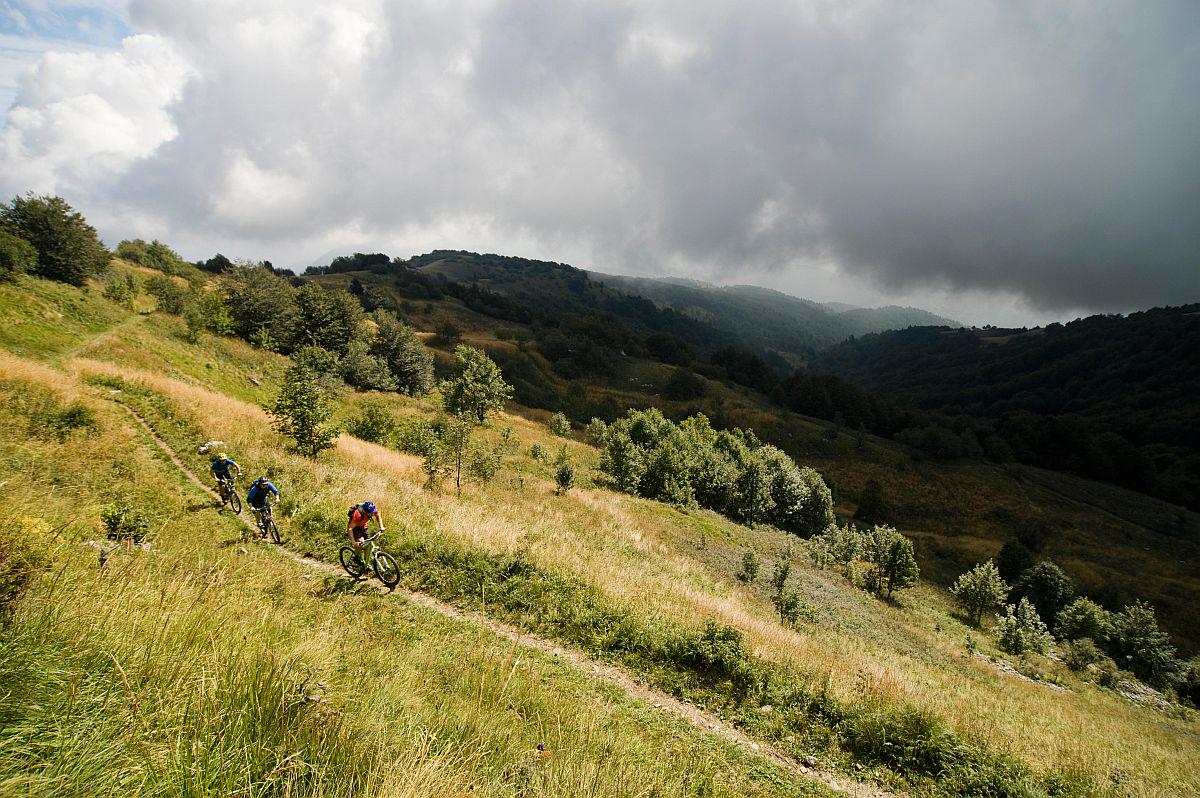



The bill is a draft of the Act on Changes and Amendments to the Act on Preserving Nature, according to which driving in the natural environment is to be forbidden for mountain cyclists, too.
Minister Židan: “Interests have to be coordinated”
After a heated response the Agriculture Minister Dejan Židan has already promised that cyclists will be exempt from the act. The ministry plans to prepare a new decree that will – instead of banning the cyclists from cycling in the natural environment – regulate this area.
“Cyclists have ended up in the draft by mistake. This [t/n: the ban] will not be in the act, yet we’d like to get a new decree, with various interests being taken into consideration. There’s a legitimate interest of land owners, who would like to protect their property, and there’s the interest of cyclists, who want to develop this healthy sports activity, as well as the interest of tourist economy, whose wish to have tourists in Slovenia is also legitimate,” argues Židan.
Cyclists support the initiative, (some) farmers oppose it
While cyclists have greeted the minister’s initiative, some land owners have bad experience with cyclists. “I’m particularly annoyed with those that don’t stay on paths and roads. They take the right to carry out their recreation anywhere. They ignore the sign that says crossing the meadow is forbidden, some even curse,” says Jernej Figelj, who inherited a farm and 60 hectares of land on the outskirts of the Goriška brda region.
He disagrees with study findings that suggest cyclists don’t do much harm: “A new path across the meadow was created because of them. The meadow is of special botanical worth, but I have non-native botanical species growing along the paths – because of hikers and cyclists.” Mr Figelj says the access to the Korada cabin already exists. He can’t comprehend why new paths need to be used and even presented online and in books without his consent.
A conflict within the society, not within nature conservancy
“It’s not an environmental conflict, as some would like to make it seem, it’s a conflict of people using this space,” believes Matej Obu, president of the Slovenian Cyclists’ Association. “We’re aware of the fact that nature needs to be protected, but I think we also have the right to our homeland in this space; by using it wisely, of course,” adds Obu.
He hopes mutual agreement, reasonable for everyone involved, will be reached. And where would they like to cycle? “As a mountain cyclist I’d like to be allowed to cycle almost anywhere and only to be forbidden from cycling in a few smaller areas, but I think that would be illusionary to expect. On the other hand, the fact that it would be banned everywhere and only allowed in certain areas is a complete nonsense, too.”
Cyclists: Profit slipping through the fingers in tourism
Meanwhile, profit is slipping through the fingers in tourism. In the region of Posočje, cyclists created 10% of overnight stays. Key markets for cyclists are Germany, Austria, Switzerland as well as other countries: “If I only consider the fact that there are some 7-8 million mountain cyclists in Germany, I believe we all know where we are at this point and what an opportunity we’re missing. And cyclists don’t only come with a sandwich in their backpacks,” notes Maja Zupan, responsible for tourism development in the region of Gorenjska.

































































